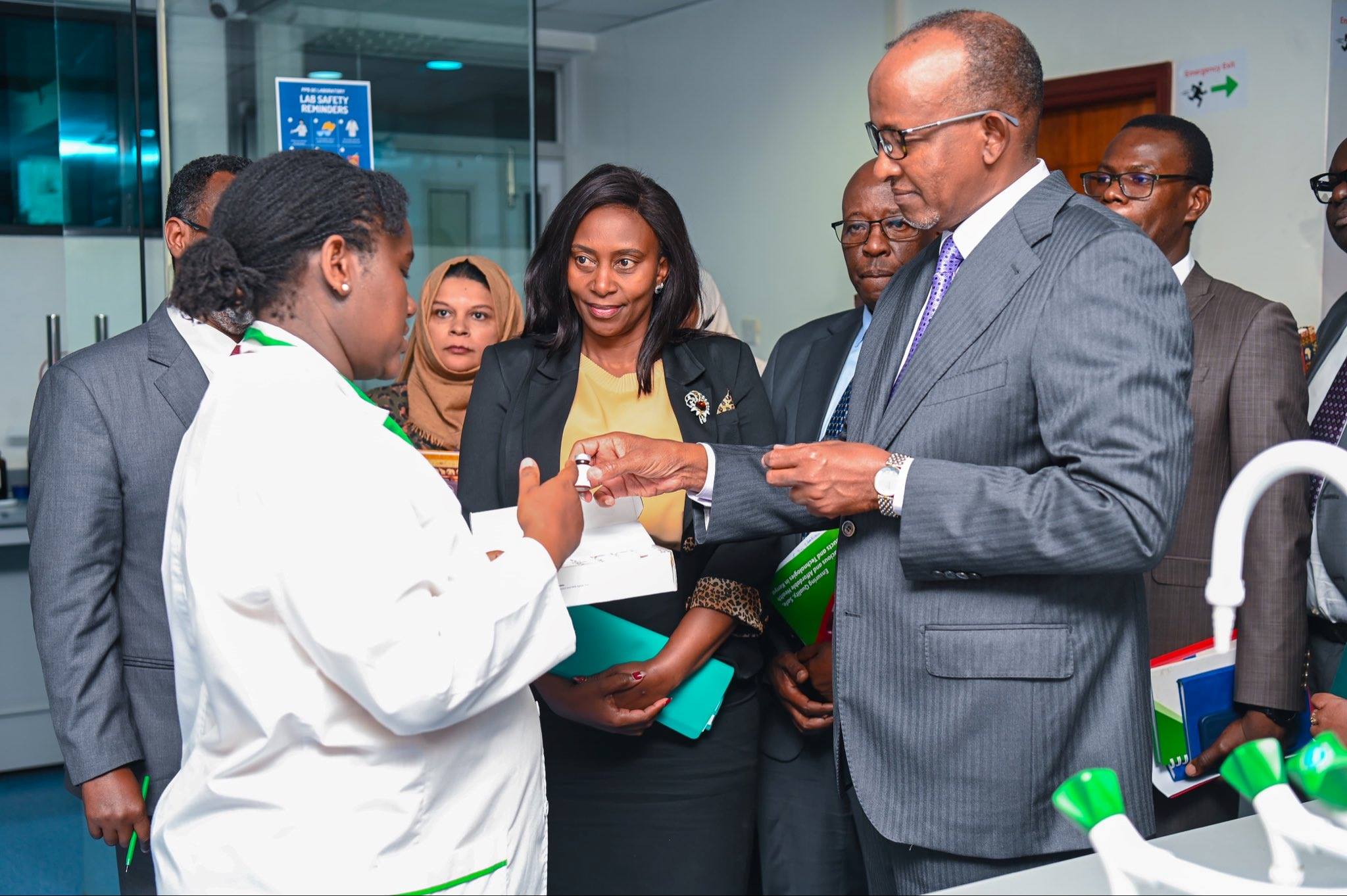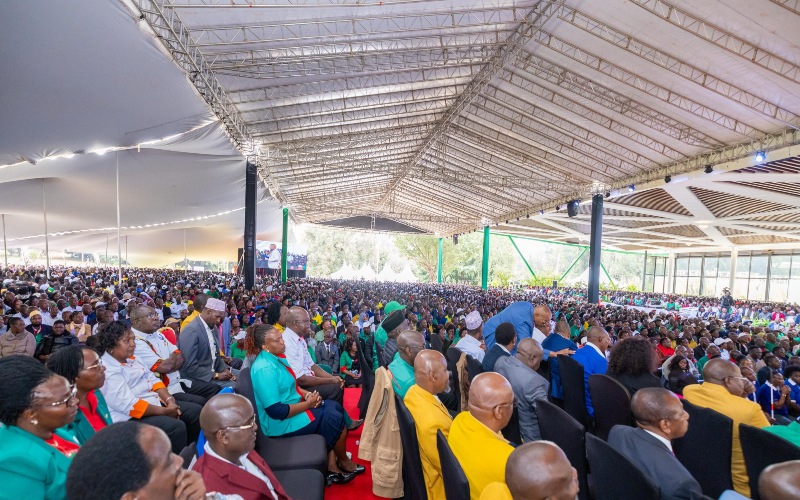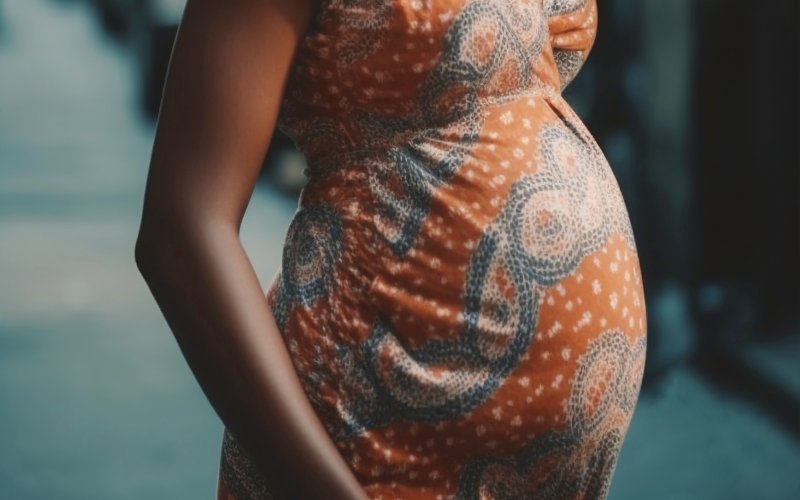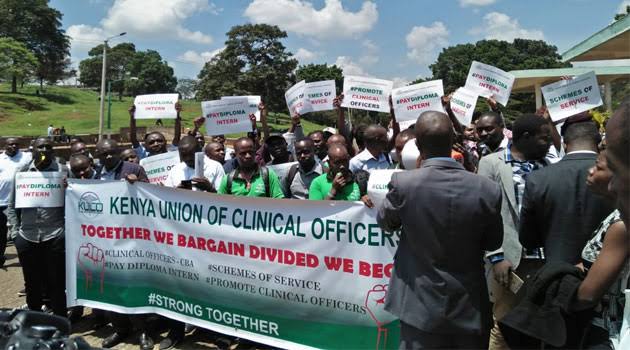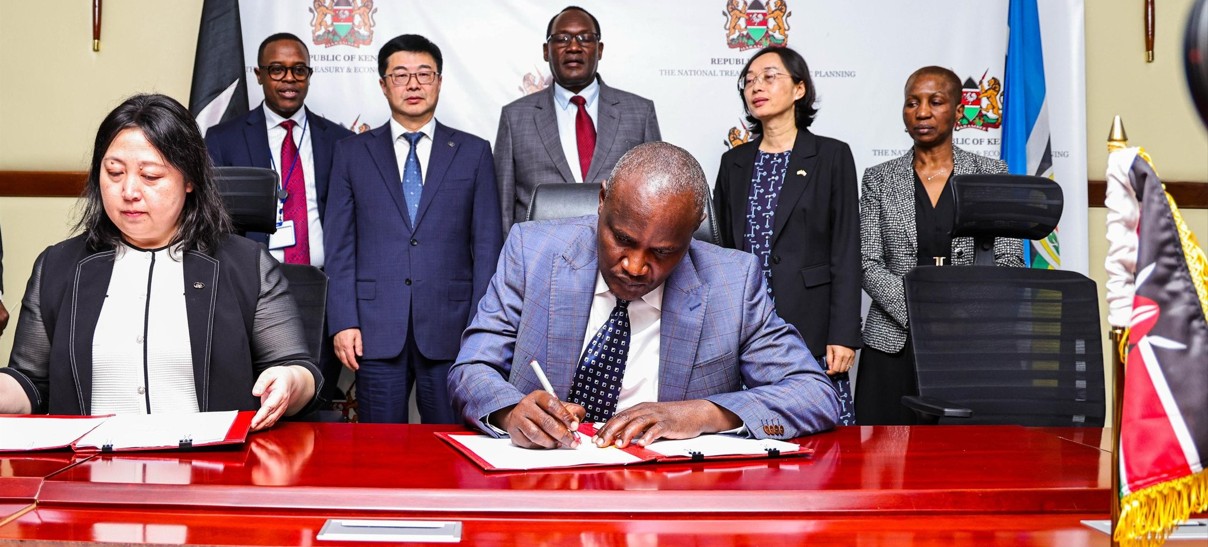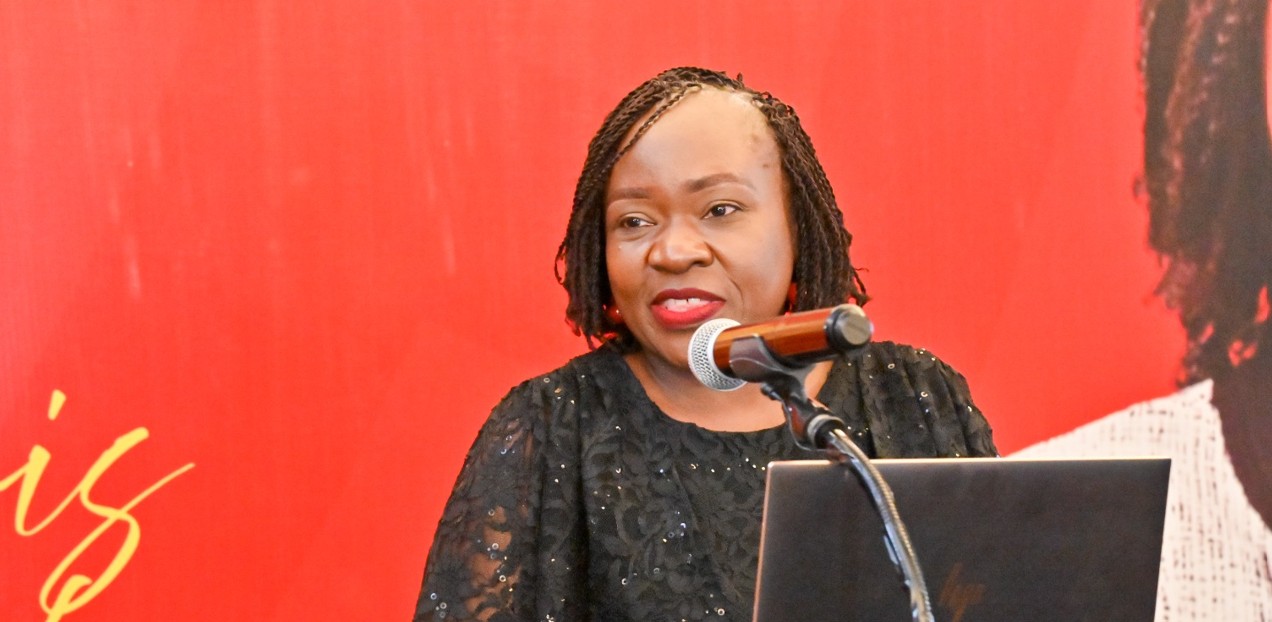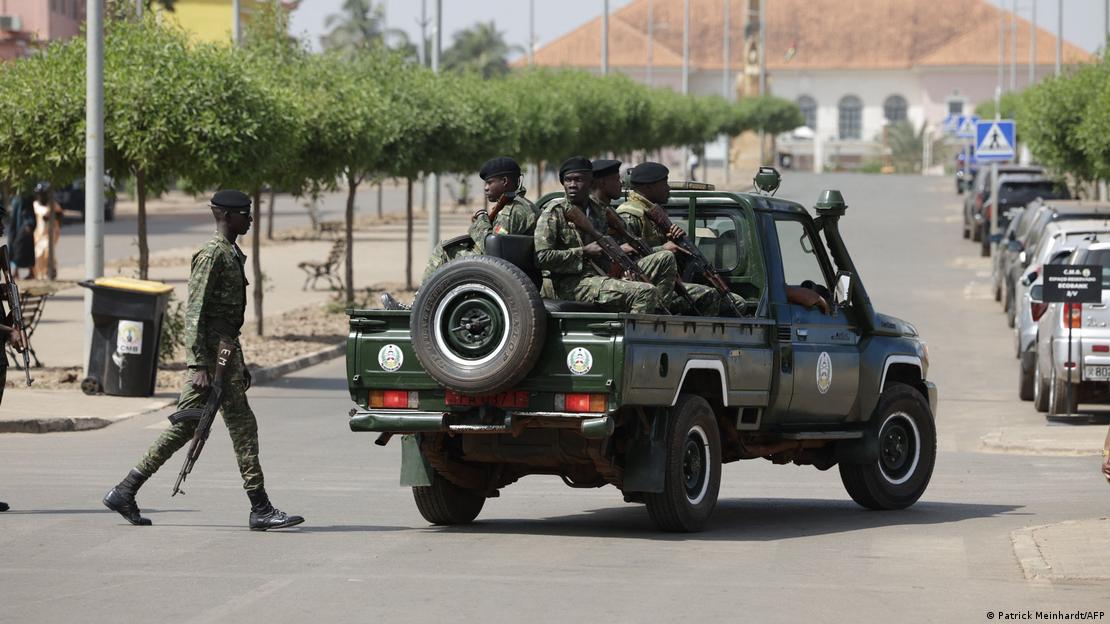Race for AUC leadership: A Look at 2025 election process for chairperson and deputy
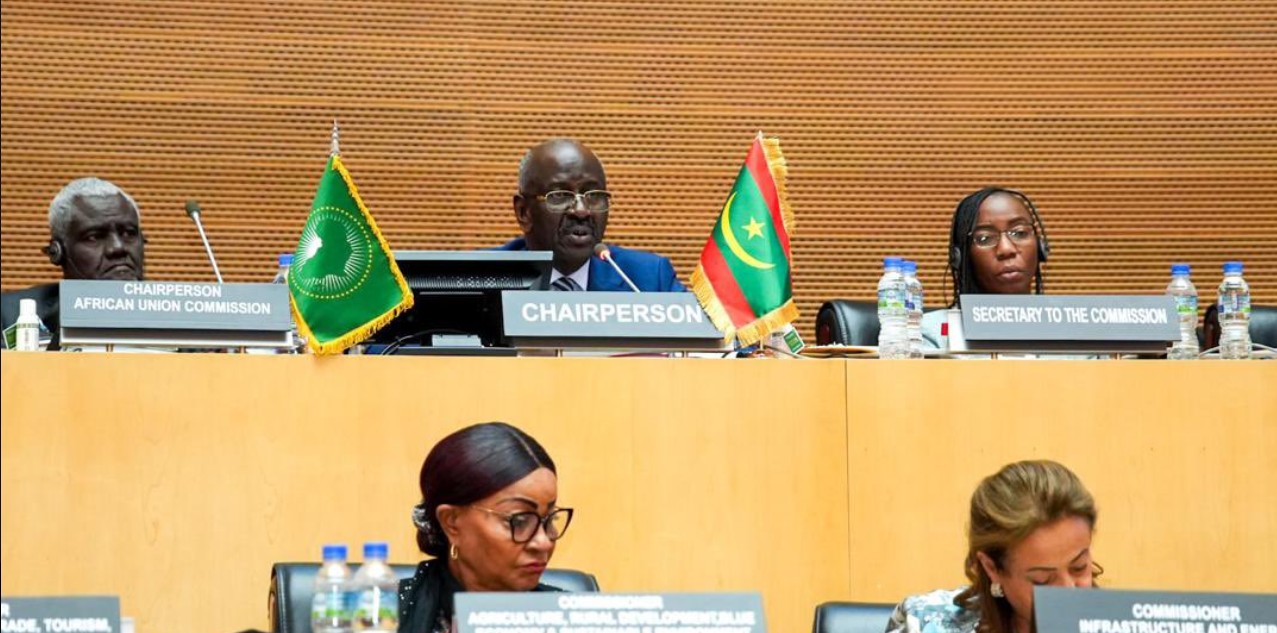
For the 2025 elections, Eastern Africa has nominated candidates for chairperson, while Northern Africa has put forward candidates for deputy chairperson.
The process for electing the African Union Commission (AUC) chairperson and deputy chairperson, which will take place today, February 15, 2025, is an important and closely followed event.
The 2025 elections will take place at the 38th AU Summit in Addis Ababa, Ethiopia, and the race for the chairperson has notable candidates – Raila Odinga of Kenya, Mahmoud Ali Youssouf of Djibouti and Richard Randriamandrato of Madagascar.
More To Read
- AU calls for Africa’s permanent seat on UN Security Council
- South Sudan and Somalia eye group stage in FIFA Arab Cup 2025 qualifiers
- AU congratulates Ethiopia on winning bid to host COP32 in Addis Ababa
- African Union warns against oversimplifying northern Nigeria violence amid Trump threats
- African Union urges swift global action as Mali crisis deepens
- Djibouti parliament scraps presidential age limit, clearing path for Ismail Omar Guelleh’s sixth term
Meanwhile, the contest for the deputy chairperson includes contenders like Salah Francis (Algeria), Selma Malika (Algeria), Mohamed Fathi (Egypt), Hana Morsy (Egypt), Najat Elhajjaji (Libya), and Latifa Akharbach (Morocco).
The voting process will begin with the election of the chairperson, followed by the election of the deputy chairperson.
Once these positions are filled, the assembly will appoint the commissioners chosen by the AU Executive Council.
The election follows a principle of inter-regional rotation to ensure fair representation of all African regions – Eastern, Northern, Central, Southern, and Western Africa.
For the 2025 elections, Eastern Africa has nominated candidates for chairperson, while Northern Africa has put forward candidates for deputy chairperson.
Gender parity
To promote gender parity, each region must submit both male and female candidates for the deputy chairperson role.
Additionally, the chairperson and deputy chairperson cannot come from the same region, ensuring diverse representation in leadership.
Both the chairperson and deputy chairperson serve a four-year term, which is renewable once.
This year, seven countries will be absent from the vote due to suspension, following a lack of constitutional order.
These countries include Burkina Faso, Chad, Gabon, Guinea, Mali, Sudan, and Niger.
Voting process
To secure the chairmanship, a candidate must receive support from at least 33 of the 48 member states participating in the voting.
The election may go for up to three rounds if the required majority is not reached in the first round. In the first round, all candidates appear on the ballot, and voting is done through secret ballots.
If no candidate secures the needed 33 votes, the election proceeds to the second round, which is limited to the top two candidates.
If the required majority is still not achieved by the third round, the candidate with the fewer votes is expected to withdraw, and the remaining candidate must secure the majority, or else the election will be suspended.
If only one candidate remains after three rounds, the election will end if that candidate fails to meet the required two-thirds majority.
In this case, voting will be suspended, and the deputy chairperson will temporarily assume the role of the chairperson until new elections are held.
If the election is for the deputy chairperson and a deadlock occurs, the most senior commissioner will act in the role until a new vote is organised.
In the 2017 election, for instance, Kenya's Amina Mohamed and Moussa Faki faced off, with Faki eventually securing the chairperson's position after seven rounds, garnering 38 votes.
Top Stories Today
